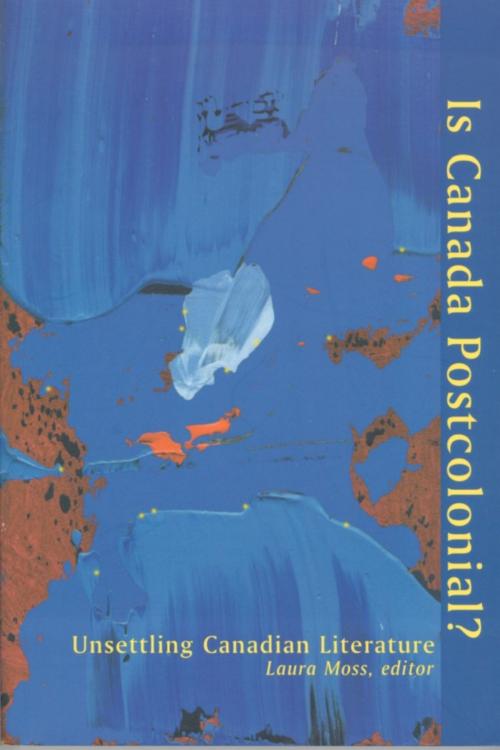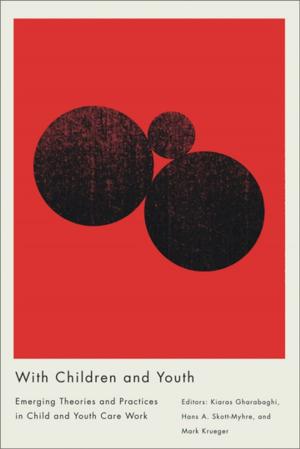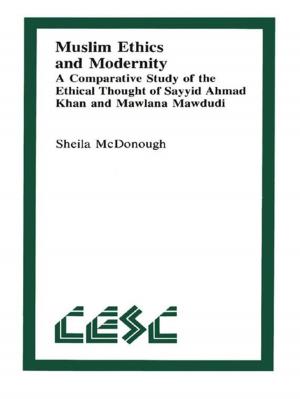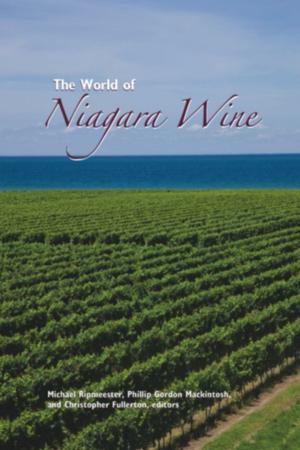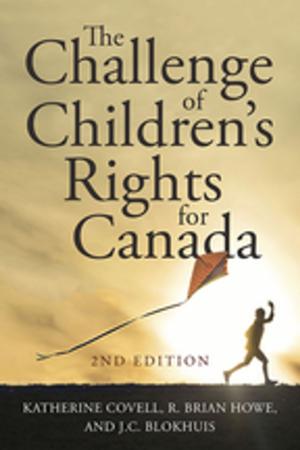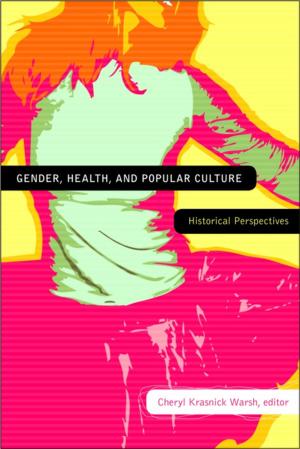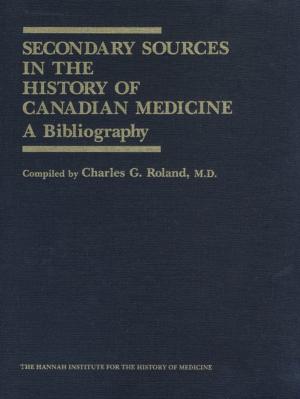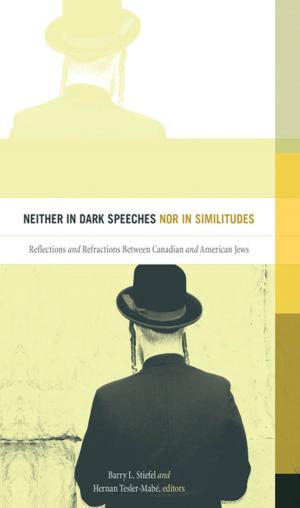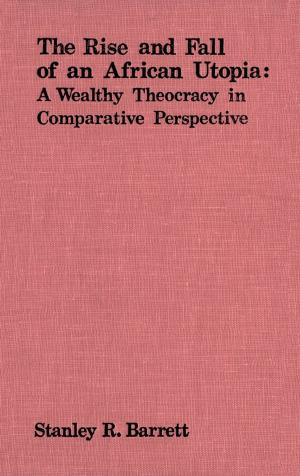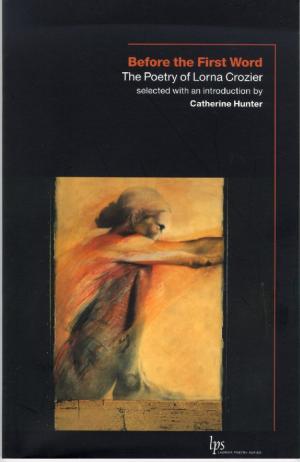Is Canada Postcolonial?
Unsettling Canadian Literature
Fiction & Literature, Literary Theory & Criticism, Canadian, Nonfiction, Social & Cultural Studies, Social Science, Anthropology, Political Science| Author: | ISBN: | 9781554587568 | |
| Publisher: | Wilfrid Laurier University Press | Publication: | August 1, 2009 |
| Imprint: | Wilfrid Laurier University Press | Language: | English |
| Author: | |
| ISBN: | 9781554587568 |
| Publisher: | Wilfrid Laurier University Press |
| Publication: | August 1, 2009 |
| Imprint: | Wilfrid Laurier University Press |
| Language: | English |
How can postcolonialism be applied to Canadian literature?
In all that has been written about postcolonialism, surprisingly little has specifically addressed the position of Canada, Canadian literature, or Canadian culture.
Postcolonialism is a theory that has gained credence throughout the world; it is be productive to ask if and how we, as Canadians, participate in postcolonial debates. It is also vital to examine the ways in which Canada and Canadian culture fit into global discussions as our culture reflects how we interact with our neighbours, allies, and adversaries.
This collection wrestles with the problems of situating Canadian literature in the ongoing debates about culture, identity, and globalization, and of applying the slippery term of postcolonialism to Canadian literature. The topics range in focus from discussions of specific literary works to general theoretical contemplations. The twenty-three articles in this collection grapple with the recurrent issues of postcolonialism — including hybridity, collaboration, marginality, power, resistance, and historical revisionism — from the vantage point of those working within Canada as writers and critics. While some seek to confirm the legitimacy of including Canadian literature in the discussions of postcolonialism, others challenge this very notion.
How can postcolonialism be applied to Canadian literature?
In all that has been written about postcolonialism, surprisingly little has specifically addressed the position of Canada, Canadian literature, or Canadian culture.
Postcolonialism is a theory that has gained credence throughout the world; it is be productive to ask if and how we, as Canadians, participate in postcolonial debates. It is also vital to examine the ways in which Canada and Canadian culture fit into global discussions as our culture reflects how we interact with our neighbours, allies, and adversaries.
This collection wrestles with the problems of situating Canadian literature in the ongoing debates about culture, identity, and globalization, and of applying the slippery term of postcolonialism to Canadian literature. The topics range in focus from discussions of specific literary works to general theoretical contemplations. The twenty-three articles in this collection grapple with the recurrent issues of postcolonialism — including hybridity, collaboration, marginality, power, resistance, and historical revisionism — from the vantage point of those working within Canada as writers and critics. While some seek to confirm the legitimacy of including Canadian literature in the discussions of postcolonialism, others challenge this very notion.
